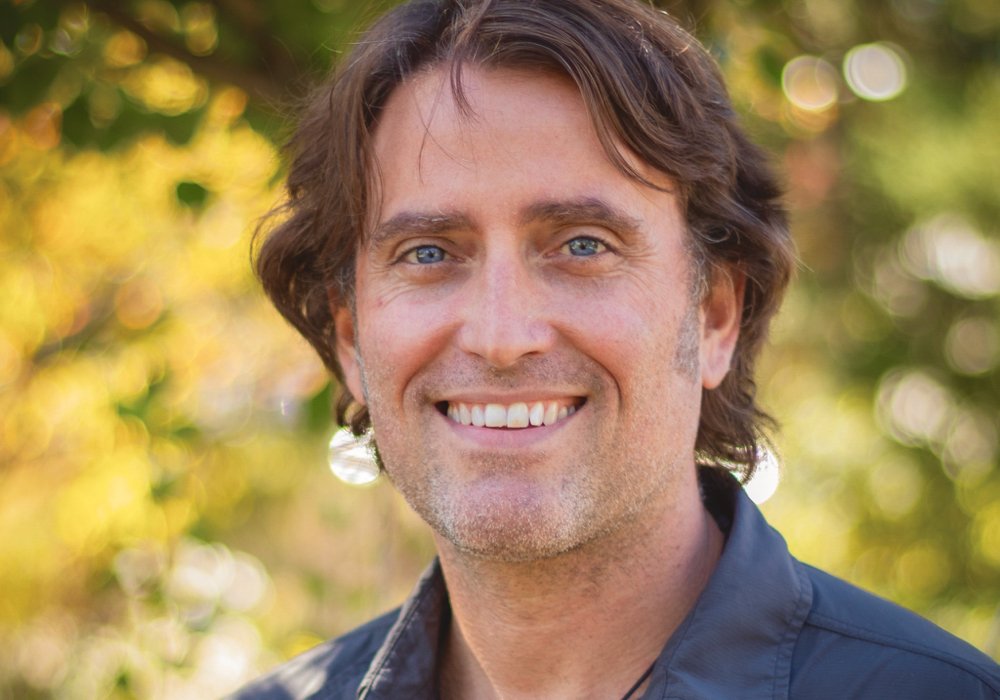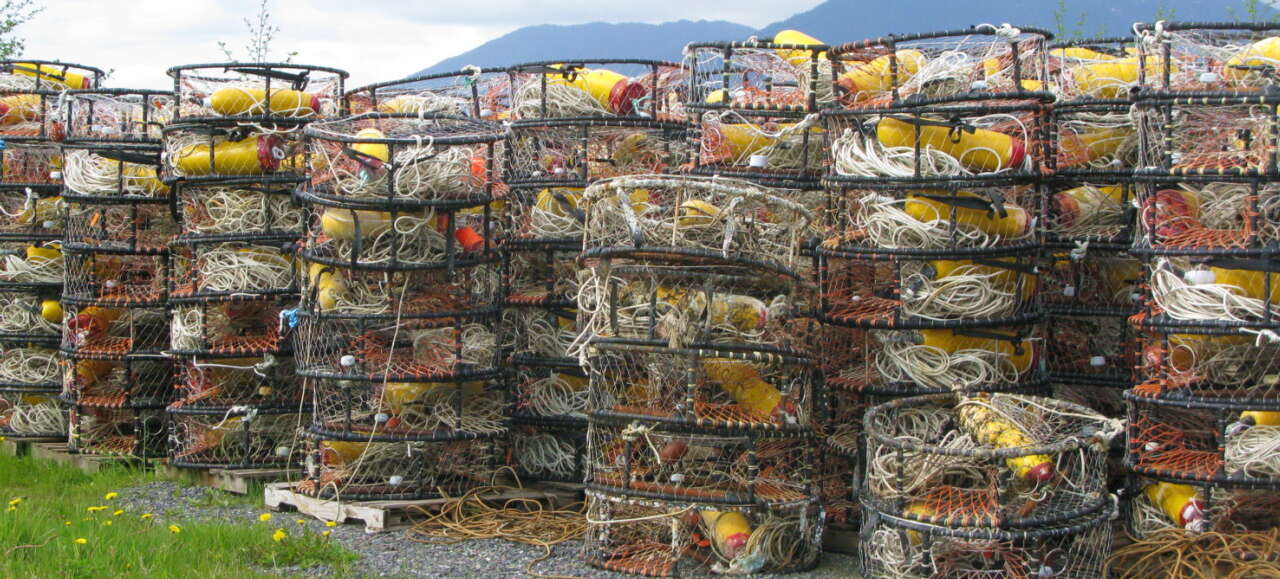
As Alaska cancels its harvest of snow crab for the first time, a University of Guelph human ecologist says it’s a moment of reckoning for how fisheries approach sustainability.
Dr. Philip Loring holds the Arrell Chair in Food, Policy and Society and is a professor in the Department of Geography, Environment and Geomatics at the College of Social and Applied Human Sciences. He researches food security and sovereignty, community sustainability and environmental change.
Alaskan officials have said insufficient population numbers and overfishing are behind their decision, but Loring, along with others, say there are likely other causes.
One of the simplest contributing factors, Loring says, is high by-catch numbers – when one species is caught while fishing specifically for another – in recent years from other fisheries.
Additional causes are more complex. For one, climate change is warming oceans, making ecosystems for crabs and other crustaceans and fishes less hospitable.
“What we’ve seen in recent years is that extreme warming events or other significant changes to the environment can have unanticipated impacts on fish populations,” he explains. “High-pressure, short-duration events are hard for species to adapt to in the short term, especially if we’re actively fishing them.”
‘Hubris with respect to fisheries management’
Whether snow crab fishing will ever again thrive in Alaska remains unclear. Loring believes it’s possible if subsistence, food fisheries and small-scale artisanal fishing approaches are used.
However, he “questions whether an industrial fishery managed on the concept of maximum sustainable yield could last, given all that’s known about how climate variability, warming and environmental change is going to play out in these waters over the next few decades.”
Some of that uncertainty comes from what Loring says is “overconfidence among a large sector of fisheries science and industry boosters that we’ve got sustainability locked in.”
That, he says, raises “a real question as to whether catching as much as we can while still keeping it ‘sustainable’ has reduced resilience in these fisheries to change and surprise.”
It’s time, says Loring, for fisheries to rethink large-scale fishing for changing oceans, especially when it comes to ecosystem health. Years’ worth of concerns about fishing and its impact on ecosystems have been raised, but they never made “a dent in the dogma about these fisheries being sustainable,” he says.
“Now, we’re seeing a ‘sustainable’ fishery collapsing, and I’m not terribly surprised,” he adds. “It was only a matter of time before this happened with a high-profile fishery, and snow crab was on my short list.”
Loring is available for interviews and recently discussed Alaska’s ban with The Weather Network.
Contact:
Dr. Philip Loring
phil.loring@uoguelph.ca
